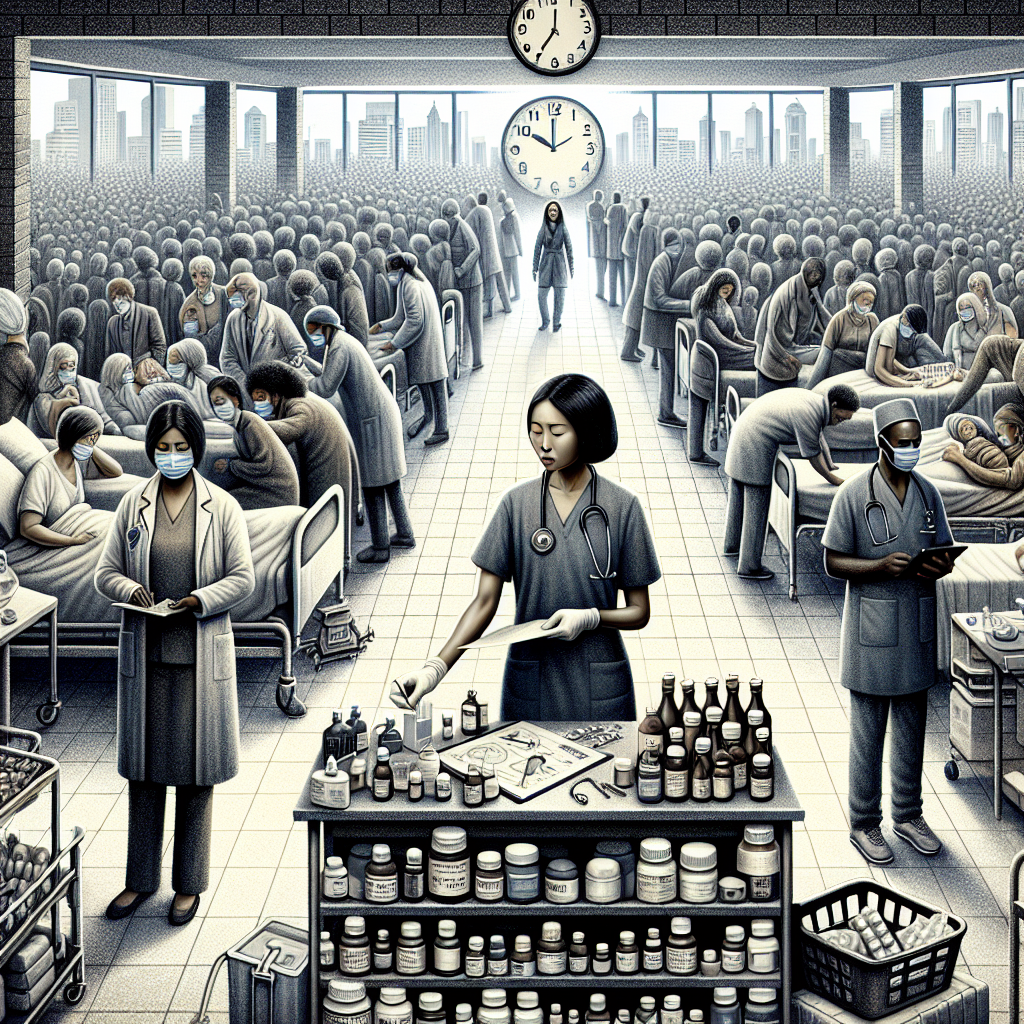Gaza's Struggle: Goods, Power, and Water Crisis
Amidst hostilities, Gaza is facing severe humanitarian challenges due to Israel's suspension of goods, causing food and fuel shortages. The crisis is compounded by power cuts affecting water facilities, posing environmental and health risks. Efforts to mediate ceasefire talks continue as the region grapples with rising tensions.

The humanitarian crisis in Gaza is deepening as Israel's suspension of goods is causing food and fuel shortages. This measure, intended to pressure Hamas in ceasefire talks, has led to the closure of bakeries and escalating food prices, leaving many struggling to meet basic needs.
The U.N. Palestinian refugees agency warns that halting humanitarian aid endangers civilians who have endured 17 months of conflict. With essential goods blocked, Palestinian officials describe the situation as "collective punishment" and resist making concessions under pressure.
Power cuts have further exacerbated the crisis, impacting water treatment facilities and threatening health and environmental safety. As international mediators strive to salvage the fragile ceasefire, the region remains on edge, grappling with unresolved postwar governance and hostages' fate.
(With inputs from agencies.)










